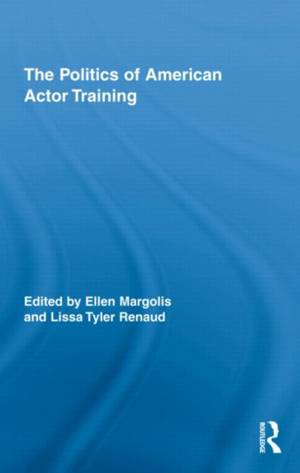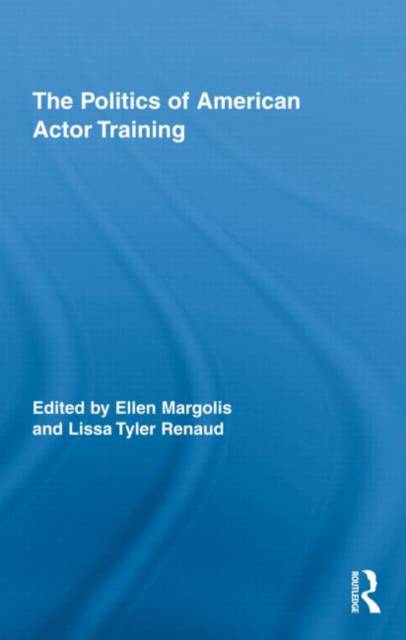
- Retrait gratuit dans votre magasin Club
- 7.000.000 titres dans notre catalogue
- Payer en toute sécurité
- Toujours un magasin près de chez vous
- Retrait gratuit dans votre magasin Club
- 7.000.0000 titres dans notre catalogue
- Payer en toute sécurité
- Toujours un magasin près de chez vous
The Politics of American Actor Training
Description
This book addresses the historical, social, colonial, and administrative contexts that determine today's U.S. actor training, as well as matters of identity politics, access, and marginalization as they emerge in classrooms and rehearsal halls. It considers persistent, questioning voices about our nation's acting training as it stands, thereby contributing to the national dialogue the diverse perspectives and proposals needed to keep American actor training dynamic and germane, both within the U.S. and abroad. Prominent academics and artists view actor training through a political, cultural or ethical lens, tackling fraught topics about power as it plays out in acting curricula and classrooms. The essays in this volume offer a survey of trends in thinking on actor training and investigate the way American theatre expresses our national identity through the globalization of arts education policy and in the politics of our curriculum decisions.
Spécifications
Parties prenantes
- Editeur:
Contenu
- Nombre de pages :
- 218
- Langue:
- Anglais
- Collection :
Caractéristiques
- EAN:
- 9780415801218
- Date de parution :
- 22-09-09
- Format:
- Livre relié
- Format numérique:
- Ongenaaid / garenloos gebonden
- Dimensions :
- 155 mm x 229 mm
- Poids :
- 430 g






